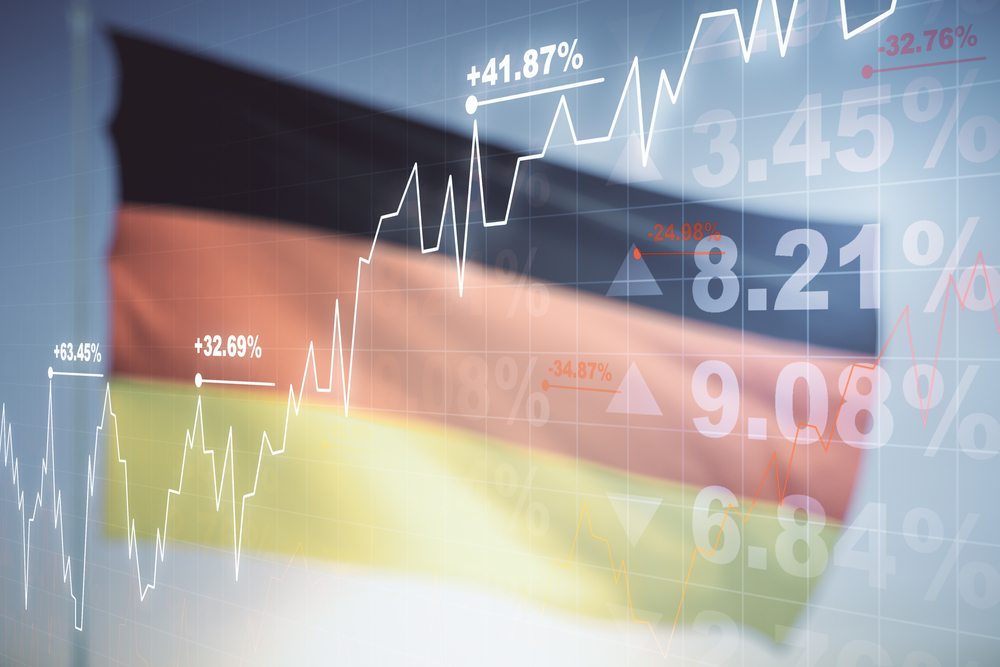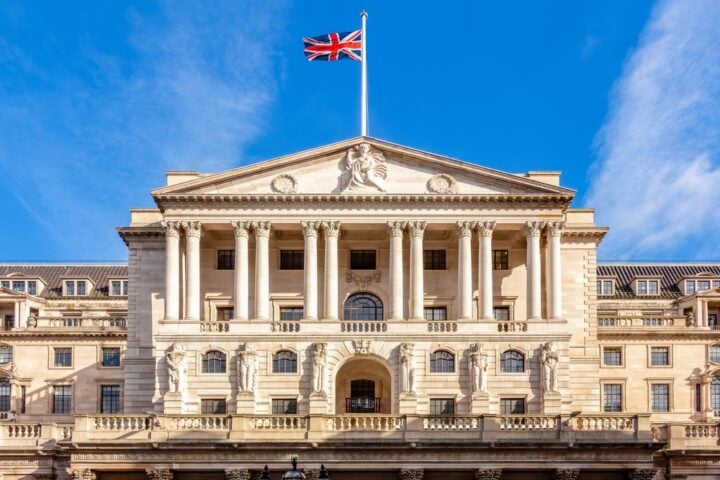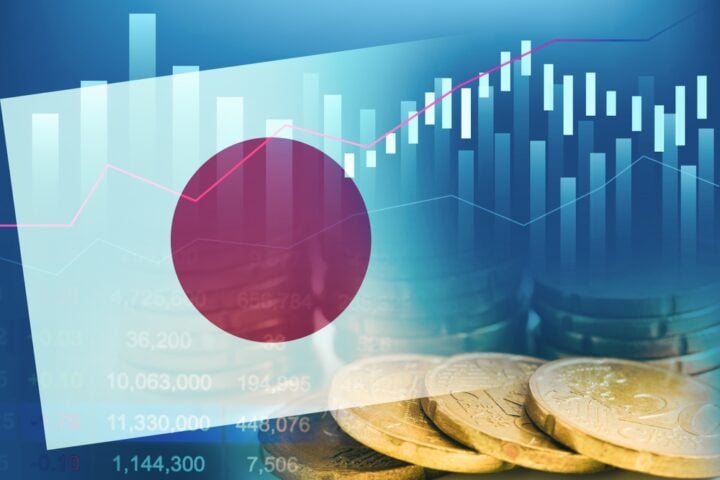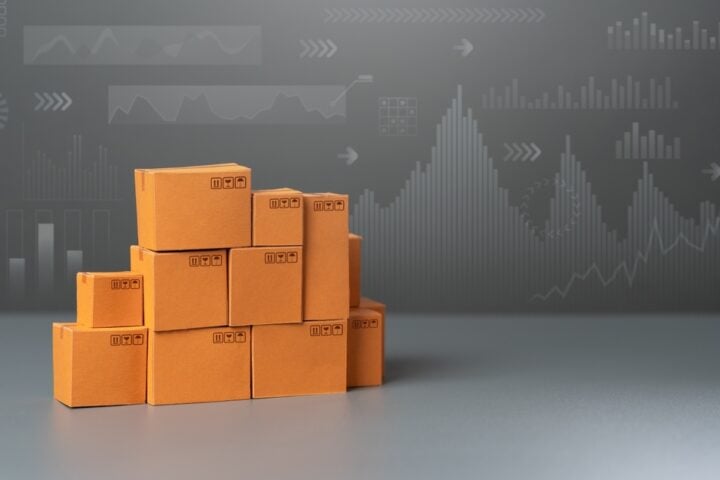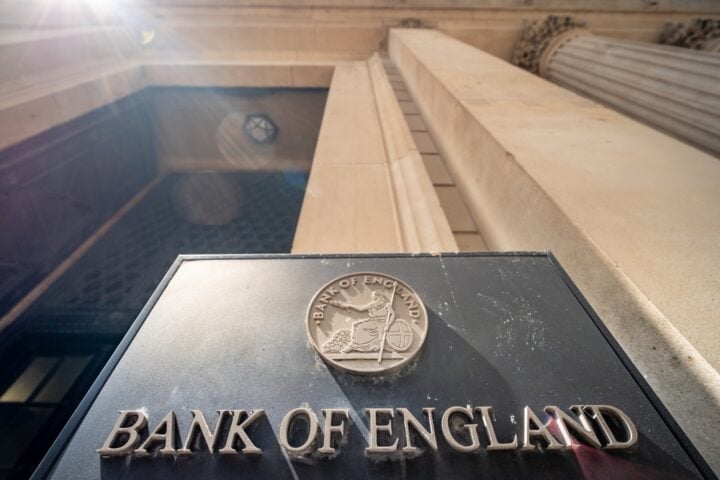Germany’s leading economic indicator, the Ifo Business Climate Index, has taken another sharp dip, raising concerns of an impending winter recession. After showing a brief rebound in October, the index fell to 85.7 in November from 86.5, with declines in both current assessments and future expectations.
Weak Current Assessments Drive Ifo Decline
The latest drop in the Ifo index was primarily driven by the current assessment component, which fell significantly to 84.3 from 85.7. The expectations component saw only a slight decline, moving from 87.3 to 87.2. This disparity suggests that the decline is largely a response to immediate challenges, including negative headlines, restructuring announcements by major corporations, the ongoing war in Ukraine, and weak industrial orders and consumer demand.
A Delayed Reaction to Emerging Risks
Historically, the Ifo index reflects short-term events with a delay, meaning the full impact of recent developments may not yet be captured. Key risks include the fallout from the U.S. elections and uncertainties stemming from the collapse of the German government, both of which are expected to weigh on sentiment in the coming months.
The potential return of a Trump administration in the U.S. poses a new set of challenges. With 10% of German exports heading to the U.S., primarily in the automotive sector, the prospect of new tariffs could hit an already struggling industry hard. Additionally, U.S. tax cuts and deregulation, coupled with low energy costs, could weaken German competitiveness, prompting companies to increase investments in the U.S. at Germany’s expense.
Structural Challenges Masked by Cyclical Shocks
Germany’s economic struggles are not limited to immediate risks. The country appears to be falling into a familiar pattern following unexpected shocks—starting with panic, moving to repression, and ending in complacency. While these shocks may seem cyclical, they often conceal deeper structural issues, such as the need for strategic investments in defense, technology, and new growth sectors.
However, with Germany’s policymakers focused on the upcoming national elections in three months, proactive measures to address these challenges seem unlikely. This lack of action exacerbates concerns about the economy’s long-term health.
A Winter Recession Looms
The weak Ifo index adds to mounting evidence that Germany’s economy is stagnating. Following lackluster growth in the third quarter, the likelihood of a technical recession during the winter months is increasing. Without decisive action, Germany risks deeper economic malaise driven by both cyclical downturns and unresolved structural weaknesses.
The latest Ifo index serves as a stark reminder of Germany’s economic fragility. While external factors like U.S. policies and geopolitical tensions are contributing to the uncertainty, the lack of proactive domestic measures only deepens the concerns. As winter approaches, Germany faces a critical period that will test its economic resilience and policy agility.


